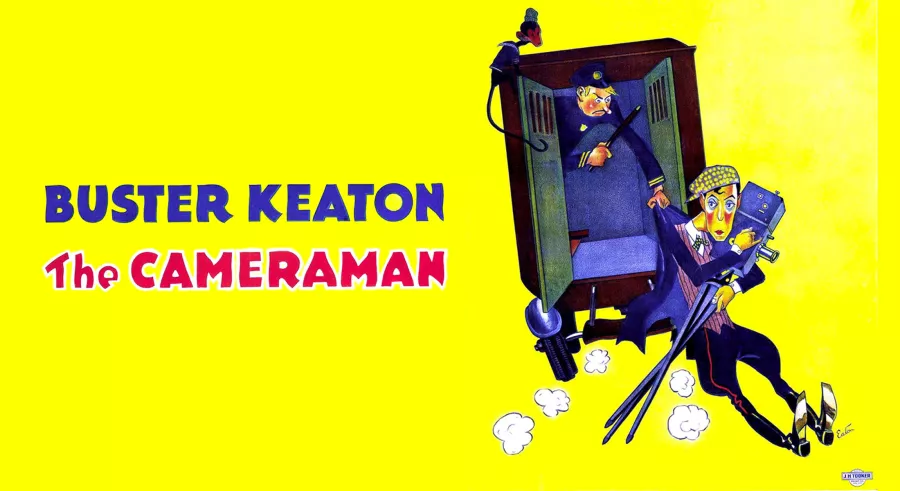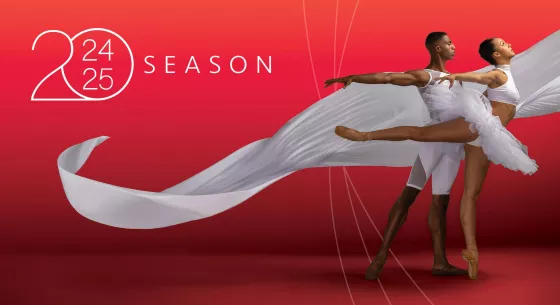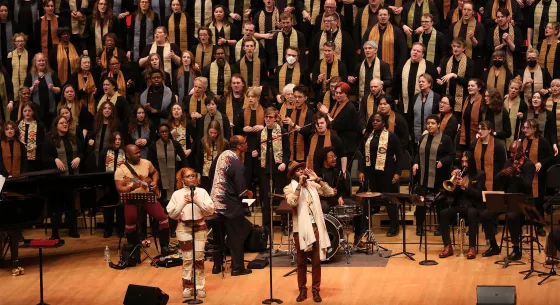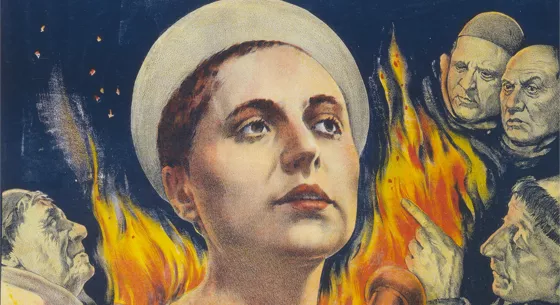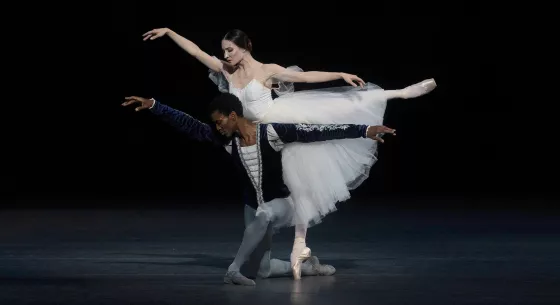
Northrop Presents
The Cameraman:
Silent Film With Live Music
Featuring Aaron David Miller, organist
Past event
Feb 16, 2025
Feb 17, 2025
Feb 18, 2025
Feb 19, 2025
Feb 20, 2025
Feb 21, 2025
Feb 22, 2025
Feb 23, 2025
Captioning
